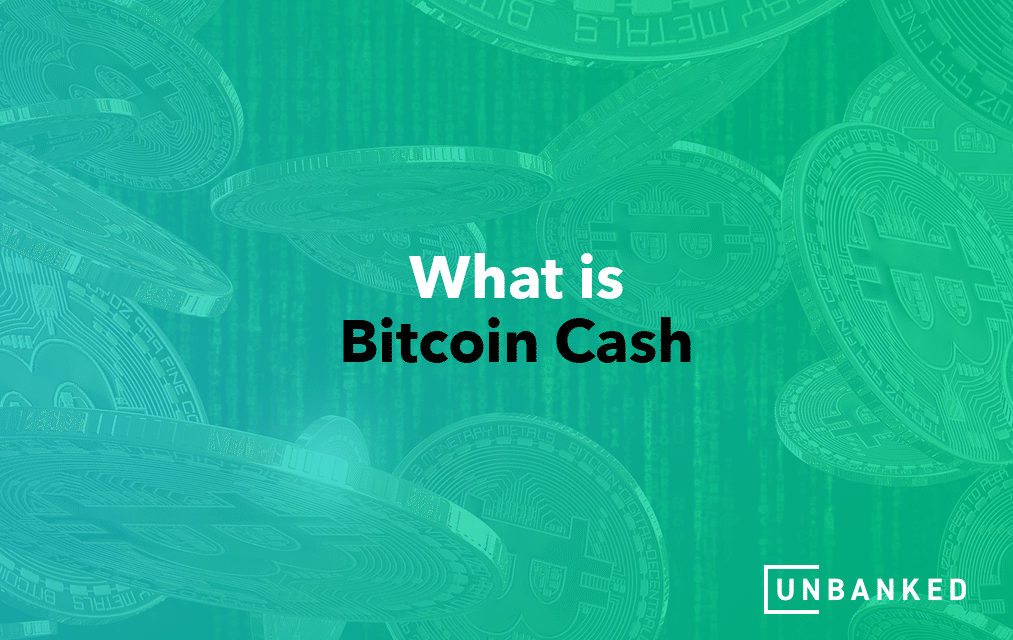In 2008, Satoshi Nakamoto, the anonymous developer of Bitcoin, wrote a whitepaper called Bitcoin: A Peer-to-Peer Electronic Cash System”. In the whitepaper, Nakamoto described how a peer-to-peer network could avoid the problem of double-spending. They also proposed the blockchain technology that powers cryptocurrency. Nakamoto’s mission about digital currencies was clear – a currency that operates with low fees and facilitates transactions with high speed and security. However, one of the significant problems Bitcoin faced since the very start was its scalability. The blockchain technology used in the Bitcoin network was relatively slow compared to other digital transactions. It could perform only seven transactions per second, and some transactions can take several minutes to process. This was very slow compared to credit card companies like VISA, which enabled around 1700 transactions per second. And even more surprisingly, it sends over 65,000 transaction messages per second.
Bitcoin Cash was developed due to a Bitcoin hard fork in August 2017. It was developed as a solution to overcome Bitcoin’s scalability problem. Mainly driven by ideological differences over cryptocurrency, Bitcoin underwent a hard fork that developed Bitcoin Cash. When the fork happened, each Bitcoin owner received an amount equivalent to Bitcoin Cash which increased the total number of coins mined. However, there was a massive war of words amongst different miners and stakeholders. Several big exchanges like Coinbase rejected Bitcoin Cash, thereby not listing it on their exchange platforms. Nonetheless, there were supporters and advocates of Bitcoin Cash who agreed with the philosophical idea. For example, it received the support of Bitmain, the world’s biggest platform for cryptocurrency mining operations, which ensured a healthy supply of coins for trading at exchanges. Bitcoin Cash made quite a debut on certain exchanges with a whopping price of $900.
Ironically, sometime later, Bitcoin Cash also underwent a hard fork developing two different versions Bitcoin Cash ABC and Bitcoin Cash SV (Satoshi Version). This time the hard fork was due to updates in the protocol that utilized smart contracts to increase the average size of each block. The Bitcoin Cash SV division was led by Craig Wright, who claims to be Nakamoto. The clash happened because he was displeased with smart contracts for performing transactions.
Bitcoin Vs. Bitcoin Cash
The difference between Bitcoin and Bitcoin Cash is primarily ideological. Satoshi Nakamoto wanted Bitcoin to be a cryptocurrency over a peer-to-peer network used in everyday transactions. However, in a couple of years, Bitcoin became quite mainstream, and people started using it as a vehicle of investment rather than a currency of the transaction. This was when its scalability problems became quite prominent as the Bitcoin network could not handle so many transactions in a second. It became quite expensive as well. In a Bitcoin network, the block size can be limited to only 1 MB. These blocks could not handle the increase in the number of transactions which is why they queued up waiting for confirmation.
Proponents of Bitcoin Cash wanted to stick to the original vision of Nakatomo, i.e., envisaging Bitcoin as a currency for daily transactions. Therefore, they proposed to resolve the problem of Bitcoin’s scalability by increasing the size of each block to 8 to 32 MB. The number of transactions on a Bitcoin block was between 1000 and 1500. When Bitcoin Cash was proposed and a stress test was conducted in 2018, this number was significantly increased to 25,000 transactions per block on Bitcoin Cash’s blockchain. Increasing block size will allow Bitcoin to become an efficient medium of everyday transactions and equip it with the ability to compete with several multinational organizations like Visa or Mastercard. This makes Bitcoin Cash unique and more efficient than Bitcoin.
Bitcoin Cash does not incorporate Segregated Witness (SegWit), a solution proposed by Bitcoin miners to accommodate more transactions per block. Segregated Witness is a process in which signature data is removed from the block to increase the number of transactions in each block. Signature data makes up 65% of total data processed in each block; therefore, removing that data significantly improves the number of transactions in each block. SegWit allows the signature data to be processed in an extended block, thus making the data to be processed in each block much smaller. The proponents of Bitcoin Cash were concerned that SegWit would not appropriately address the fundamental problem of Bitcoin’s scalability. They had concerns that SegWit was not completely transparent and it undermined the decentralization and democratization of Bitcoin.
Problems With Bitcoin Cash
Bitcoin Cash came with a world of promises and improvements over the original Bitcoin. However, it has not been quite successful in delivering those. The most crucial one was the block size – over which the fork happened. Currently, the average size of blocks mined on Bitcoin Cash’s blockchain is much smaller than promised. Surprisingly, they are even smaller than those on Bitcoin’s blockchain. Besides that, the transaction fees associated with Bitcoin transactions are much lower now, making it a suitable medium for payment. The Bitcoin network still performs a higher number of transactions than the Bitcoin Cash network. Relatively unknown to people outside of the crypto community, Bitcoin Cash has a long way in proving its credibility. Its competitor Bitcoin is doing quite well both in the crypto market and outside.
The second split in Bitcoin Cash highlights its problems of managing the developer pool. The ideological differences of whether or not to incorporate smart contracts have opened the doors for further splits. It is not sure whether Bitcoin Cash will adopt smart contracts or not. Besides this, Bitcoin Cash does not have a specific governance protocol. Other cryptocurrencies have established well-designed governance protocols that provide voting rights, but Bitcoin Cash did not do that. The design of Bitcoin Cash seems quite centralized. It will be interesting to see how Bitcoin Cash overcomes these hurdles and stands on par with its competitor.
If you are interested in learning more about Bitcoin Cash and other cryptocurrencies, check out our blog.





